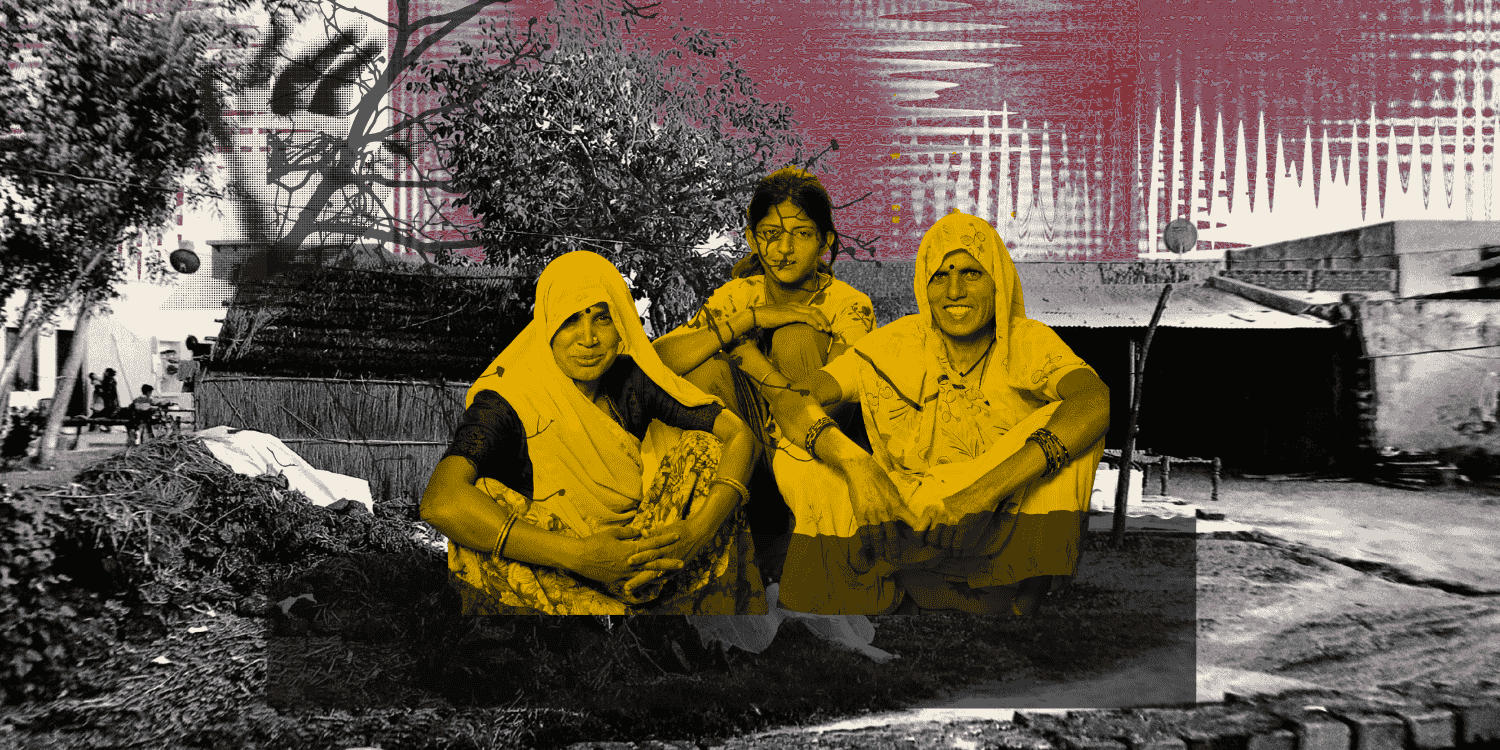ABSTRACT
This issue brief aims to understand the provisions to formalise the work of informal waste workers in India. It looks at the relevant policy actions and tries to identify existing gaps in the implementation of such actions. It also dwells briefly on the socio-economic precarity that is the primary feature of the work and lives of waste workers in India.
INTRODUCTION
Of the 62 million tonnes of waste produced in India annually, around 75-80% is collected by municipal bodies and only 22-28% of waste is processed and treated (Sambyal 2018). Around 20% of this waste is processed and recycled by informal waste workers. Rough estimates indicate that India has at least 3 million waste workers, with estimates by The World Bank suggesting that 1-2% of India’s population could be engaged in informal waste recycling (Alliance of Indian Wastepickers 2019: 4). Delhi alone has approximately 500,000 waste workers (Bose and Bhattacharya 2017).
The term “waste worker” or “waste picker” refers to a person or group of people who are informally engaged in the collection and recovery of reusable and recyclable waste from multiple sites of waste generation such as streets, bins, material recovery facilities, processing and waste disposal facilities for sale to recyclers directly or with the help of mediators in order to earn their living (Ministry of Environment, Forest and Climate Change 2016). Informal waste workers play a critical role in supplementing solid waste management systems across urban areas, not just in India but also in other developing countries. Their activities help improve resource-use efficiency and are crucial to environmental protection efforts as they can recover up to 20% of municipal waste through a low-cost self-financing model (Gunsilius et al. 2011). It is estimated that Indian waste workers reduce around 6.8 megatons of carbon emissions through recycling every year, thus playing a key role in climate change mitigation (Alliance of Indian Wastepickers 2019: 5).
Formalising the work of waste workers and integrating them into municipal solid waste management can not only improve their living and working conditions (discussed in the next section) but also make waste management more cost-efficient, as waste handling and transportation costs are reduced, land use for garbage dumps is reduced, and recovered waste, particularly plastics, can be supplied to manufacturers (ibid).
SOCIO-ECONOMIC PROFILE OF WASTE WORKERS
A majority of waste workers in cities are Dalits, poor Muslims, and landless migrants, i.e. people at the bottom of the socioeconomic hierarchy who are forced to work with waste on a daily basis to earn a living (Doron and Jeffrey 2018). For instance, in Pune, waste workers overwhelmingly belong to Scheduled Castes (Chikarmane 2014). In Delhi, 80% of waste workers are Bengali Muslims; and it is observed that in this occupation, the lower the caste, the dirtier is the nature of waste work (Eswaran 2013).






